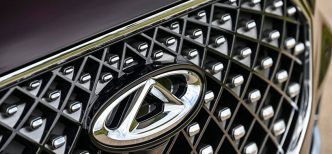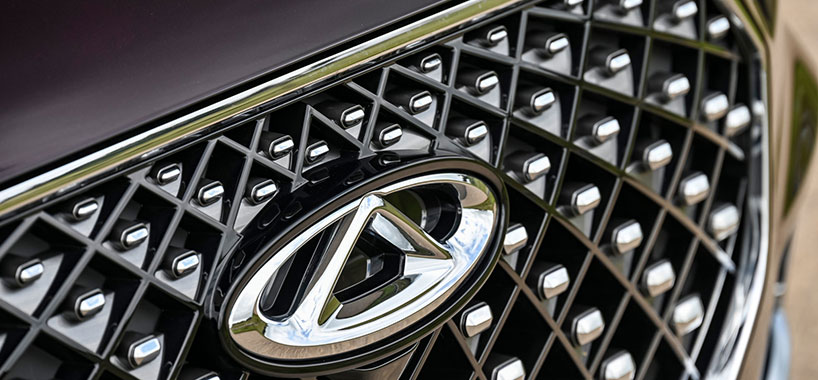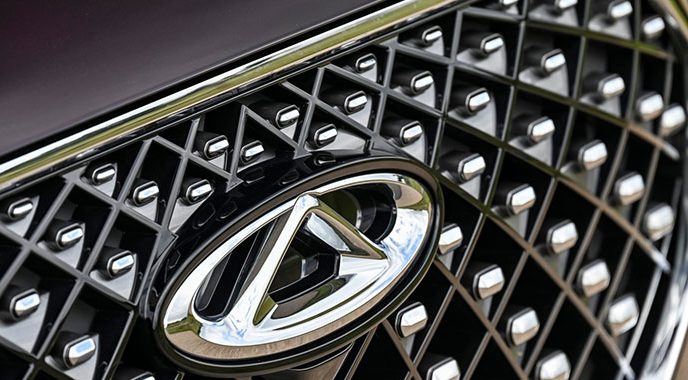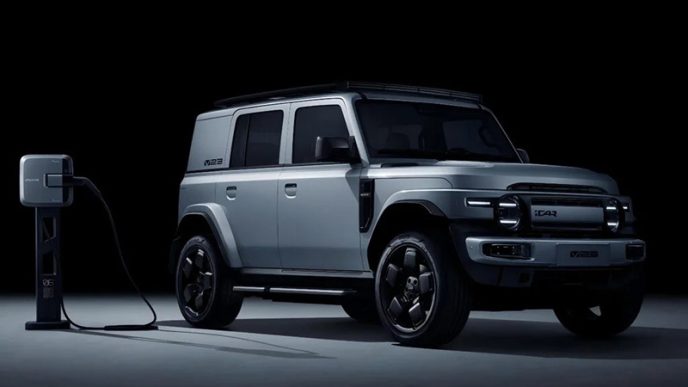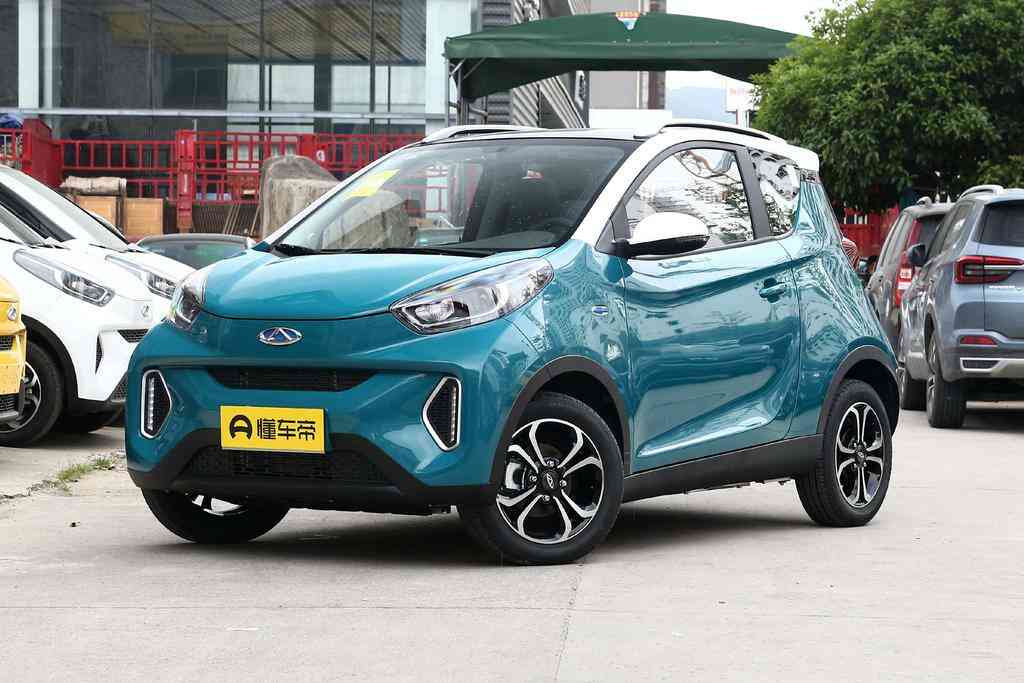Chinese automaker Chery will delay the launch of vehicle production at its Barcelona plant to the fourth quarter of 2025, marking a year-long postponement from its previous schedule, according to Pedro Calef, CEO of its Spanish partner, Ebro. The announcement follows an earlier statement in September citing delays without specifying a timeline.
“The project has not been canceled. There has just been a readjustment,” Calef assured in an interview at the Barcelona plant, expressing confidence in the partnership’s longevity. Ebro had previously attributed the delay to commercial factors, including potential EU tariffs on Chinese-made EVs, but Calef clarified that the tariffs would not impact the venture due to the vehicles being manufactured in Europe. Spain notably abstained from the EU vote to impose higher tariffs on Chinese EVs in October.
The Chery-Ebro joint venture, announced in April, aims to produce up to 150,000 vehicles annually at the former Nissan facility by 2029. The Barcelona plant is expected to serve as a major export hub for Chery as global EV makers compete aggressively for market share. Approximately 1,250 former Nissan workers are set to be employed at the facility, according to Ebro Chairman Rafael Ruiz.
The first vehicle slated for production at the plant will be Chery’s SUV Omoda 5, contributing to Ebro’s projected revenue of €330 million ($347 million) in 2025 and €1.1 billion by 2027. The company anticipates achieving core earnings of €22 million in 2024, the first year it expects to post a profit.
In a separate venture, the rebranded Ebro, which ceased operations in 1987, plans to introduce its first SUV this year in plug-in hybrid and petrol variants. Production for 2024 is projected between 20,000 and 30,000 vehicles, focusing on Spain and Andorra. Another SUV model will enter production this year, while Chery’s delayed operations will enable Ebro to advance the launch of a third model to mid-2025.
Ebro’s holding company, EV Motors, was listed on Spain’s stock market in October, further signaling its commitment to expanding its footprint in the automotive sector.
Source: Reuters

